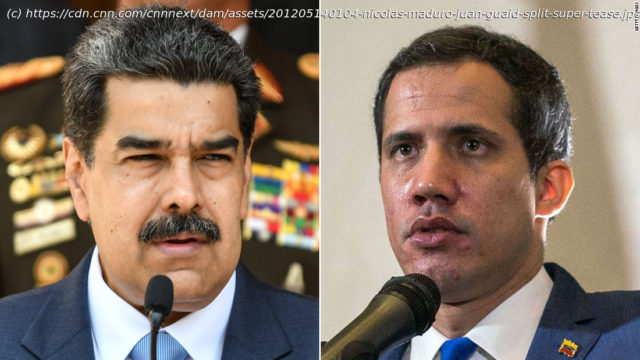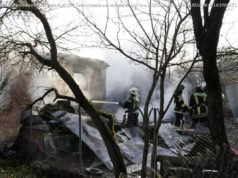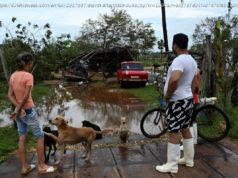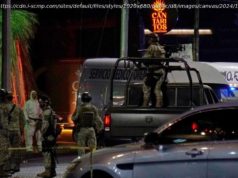In some countries, voting is compulsory and failure to show up at the polls can be penalized, often with a fine.
Venezuelans will head to the polls on Sunday as the country elects a new parliament, known in the country as the National Assembly. Currently led by opposition leader Juan Guaidó, who is recognized by more than 60 countries — including the United States — as the interim President of Venezuela, the National Assembly is widely seen as the last democratically elected body in the country. Many wanted to believe Cabello’s remarks ahead of the vote were merely a jest, but it didn’t take long for the message to disseminate among his most feared followers, the armed paramilitary groups known as “colectivos.” These criminal gangs plague some of Venezuela’s poorest neighborhoods and have played a growing role in keeping Maduro in power. In the barrio of Petare, Venezuela and Latin America’s largest slum, residents say soon after Cabello’s speech, they started receiving threats. “They came around and told us a bus would come and pick us up, to take us to the polling station,” a woman who asked not to be identified for fear of reprisal told CNN. “They said if I didn’t come, I would stop receiving my CLAP box,” she added, referring to a box of subsidized essential goods such as flour and rice that the Venezuelan government occasionally distributes among the poorest in the country. Why should we care? Sunday’s election happens against the backdrop of one of the worst humanitarian crises in the world. The World Food Program says one in three Venezuelans struggles to put enough food on the table and, according to the UN High Commissioner for Refugees, almost 5 million Venezuelans have left the country, fleeing not just hunger but violence and persecution.






